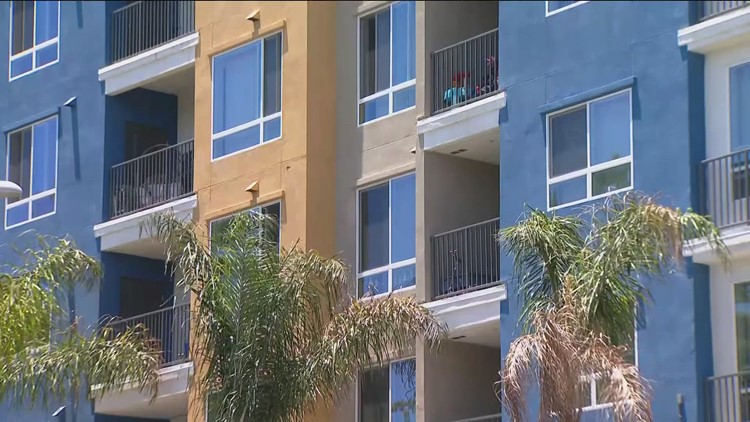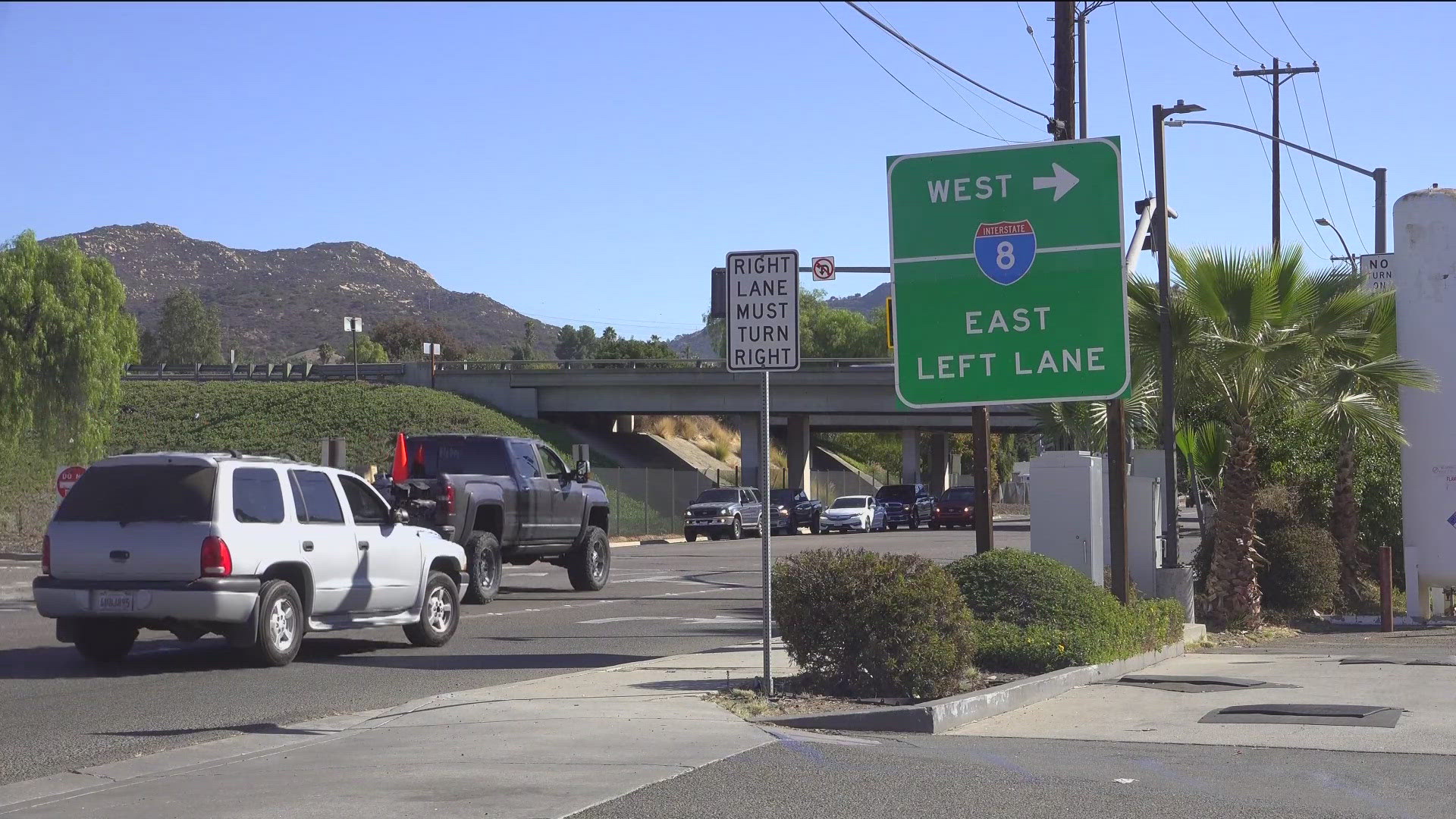CALIFORNIA, USA — A new bipartisan bill could create more affordable housing for middle class families across California.
If passed, AB 1287 would expand the California Density Bonus Law. It would offer new density bonus opportunities for developers, but only if they create affordable middle-income housing.
Density bonuses allow developers to save money on projects, by suspending requirements for parking, building height, and even the number of units. Under this bill, developers could build higher apartment complexes with an expanded number of units. These incentives already exist for low income affordable housing, but AB 1287 adds incentive opportunities for middle income housing too.
“So the idea of this, how can we incentivize more of this housing that’s attainable and achievable for middle income families to be built,” said Assemblymember David Alvarez, the bill’s author. “And that’s where this bill came to be... We are really talking about people along the economic spectrum.”
In San Diego County, a family of four is considered middle-income if they make about $140,150 a year, according to data from California’s Department of Housing and Community Development
The density bonus opportunities are different depending on each housing development’s size and number of affordable units, allowing the creation of more market-rate apartments. This bill would allow most projects to ignore some local zoning requirements about the number of units.
Alvarez used a hypothetical, 100 unit complex to break the density bonus requirements down. Most complexes would use this on a smaller scale.
“So you’re building 15 (units) for very low income, 15 for moderate income, “ said Alvarez. “So you go from 100 to 200 if you use this program, and then you also build 30 affordable units.”
That means 170 units could be sold at market rate, potentially making back the profit lost on building lower income housing.
For Alvarez, the focus is on working professionals and families in San Diego.
“It’s really about young people, even people around my age who are maybe starting a family and hoping to make San Diego their permanent home, and not being able to find housing,” said Alvarez. “The people who are middle class individuals who have college degrees, teachers, police officers.”
Alvarez said developers and builders have contacted him to share their support for this bill. He believes the addition of more units will be the most popular and attractive bonus for developers - and hopefully, bring down the high cost of rent.
Real estate expert Nathan Moeder does not agree. In his view, AB 1287 adds very little that is not already in the 1967 California Density Bonus Act.
“When we put building affordable housing and low-income housing on the backs of developers, we’re not going to see a big boom in housing development,” said Moeder. “Because some projects are not feasible, because it’s very expensive to build that low-income housing.”
Moeder said incentives are not harmful, but they cannot cure California’s high rent and housing scarcity. For him, this bill adds more red tape to an already overburdened development process.
“Why we have expensive housing and expensive rents right now, it’s because we can’t build fast enough,” said Moeder. “This new bill is just another layer of bureaucracy, so it’s not going to result in new units I don’t think at all.”
Instead of focusing on infilling urban cores, Moeder believes state lawmakers need to allow more development on the outskirts of cities and county land.
“We have no choice but to find more land that can be developed,” said Moeder. “The only way we’re going to add more housing and significant housing is to find new land that we can develop new communities on.”
In May, AB 1287 passed through the Assembly with just one member voting against it, proving there is serious bipartisan support behind the measure. The bill is likely to pass through the Senate in June or July, with votes from senators on both sides of the aisle.
Watch Related: Affordable housing causes parking shortage in National City (Jun 27, 2023)



